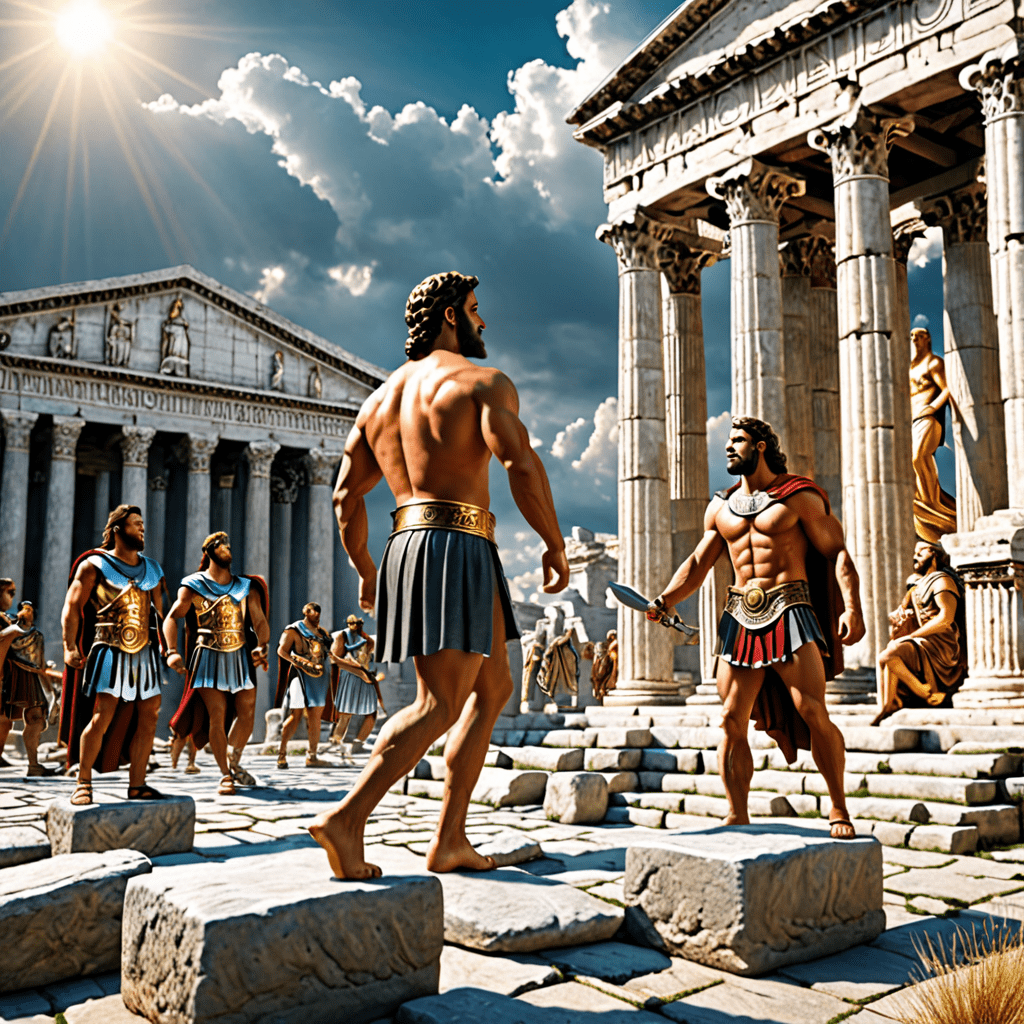Roman Mythology: Exploring the Concept of Tradition and Innovation
Introduction to Roman Mythology
Roman mythology, with its rich tapestry of gods, goddesses, and legendary stories, forms an integral part of ancient Roman culture. The Romans inherited and adapted many of their myths from Greek mythology, infusing them with their unique traditions and beliefs. These myths were not just fanciful stories but served as a foundation for understanding the world, explaining natural phenomena, and shaping moral values within Roman society.
Tradition in Roman Mythology
The tradition of Roman mythology was deeply rooted in religious rituals and practices. The Romans believed in a pantheon of gods and goddesses who governed various aspects of life and the universe. Jupiter, the king of the gods, Juno, the queen of the gods, and Neptune, the god of the sea, were among the most revered deities. These traditional myths were passed down through generations, evolving to reflect the changing needs and values of Roman society.
Innovation in Roman Mythology
While Roman mythology preserved the traditional stories of deities and heroes, it also embraced innovation and adaptation. Roman poets and writers reinterpreted these myths to resonate with contemporary audiences, infusing them with new meanings and symbolism. One notable example is the transformation of the Greek goddess Artemis into the Roman Diana, blending aspects of both cultures to create a distinct identity.
The Influence of Roman Mythology Today
Despite the ancient origins of Roman mythology, its influence continues to be felt in modern society. Elements of Roman myths often find their way into literature, art, and popular culture, reimagined to suit contemporary contexts. By exploring the intersections of tradition and innovation in Roman mythology, we gain a deeper understanding of the enduring power of these timeless tales to inspire creativity and reflection in the present day.
Frequently Asked Questions About Roman Mythology
What is Roman Mythology?
Roman mythology is the collection of beliefs, stories, and rituals pertaining to the ancient Romans’ religious practices. It includes tales of gods, goddesses, heroes, and mythical creatures.
How did Roman Mythology Merge Tradition and Innovation?
Roman mythology incorporated traditional elements from Greek mythology but also introduced unique gods, stories, and religious practices. This fusion of tradition and innovation helped shape Roman culture and identity.
What are Some Key Themes in Roman Mythology?
Themes in Roman mythology include the founding of Rome (such as the story of Romulus and Remus), deities like Jupiter, Juno, and Neptune, as well as myths explaining natural phenomena and historical events.
How did Roman Mythology Influence Art, Literature, and Culture?
Roman mythology inspired countless artworks, literature, and cultural practices across the Roman Empire. It provided artists and writers with rich narratives, symbols, and themes to explore and depict.
Why is it Important to Study Roman Mythology Today?
Studying Roman mythology offers insights into ancient Roman society, values, and beliefs. It helps us understand the cultural, political, and religious dynamics of one of history’s most influential civilizations.





